Cow muscles can be engineered to produce beta-carotene, research shows
The body metabolizes beta-carotene into vitamin A, which means that this preliminary research may present initial findings that cell-cultured meat can be more than just sustainable protein and can instead assume a variety of nutritional profiles and bioactivities to benefit the body.According to the National Institutes of Health, vitamin A is integral to the maintenance of vision, immune systems and reproduction as well as proper organ function. However, introducing this vitamin at a cellular level to cow meat has the potential to alter the taste and visual appeal of red meat.During the res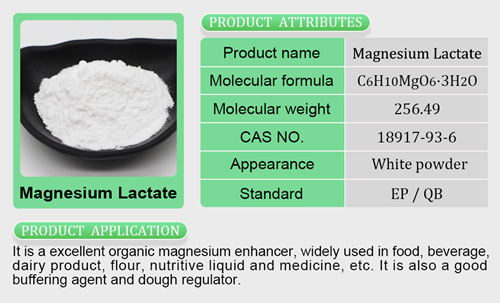 earch, scientists d
earch, scientists d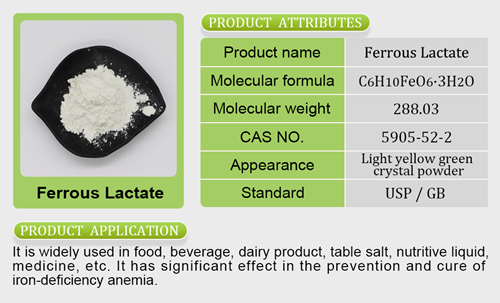 id not produce a sufficient quantity of cells for consumption so they were unable to specify wheth
id not produce a sufficient quantity of cells for consumption so they were unable to specify wheth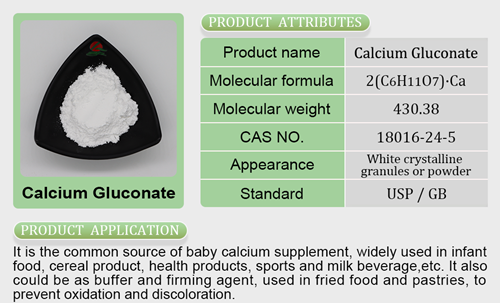 er they changed the flavor of the meat, Food Ingredients First reported. Researchers did note that the cells can turn from white to yellow, which could lead to a color change in the cultured meat without the addition of colorants.The successful fortification of cell-based meat through engineered beta-carotene could improve the appeal of animal-based protein in a market where plant-based options are gaining popularity due to their health benefits both for the body and for the environment. In a survey from the International Food Information Council, 45% of consumers thought a plant-based product was healthier than ground beef based on the Nutrition Facts label. While plant-based is seeing growth, so is animal-based protein. Nielsen reported that conventional meat sales were up 40% in March over the same time perio
er they changed the flavor of the meat, Food Ingredients First reported. Researchers did note that the cells can turn from white to yellow, which could lead to a color change in the cultured meat without the addition of colorants.The successful fortification of cell-based meat through engineered beta-carotene could improve the appeal of animal-based protein in a market where plant-based options are gaining popularity due to their health benefits both for the body and for the environment. In a survey from the International Food Information Council, 45% of consumers thought a plant-based product was healthier than ground beef based on the Nutrition Facts label. While plant-based is seeing growth, so is animal-based protein. Nielsen reported that conventional meat sales were up 40% in March over the same time perio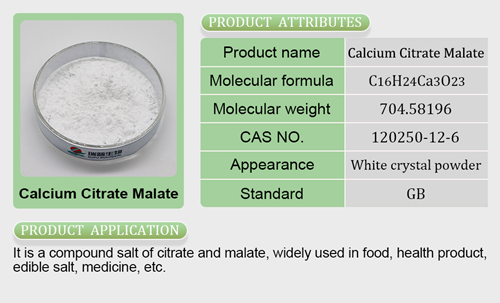 d last year. Traditional animal-based protein remains a much larger industry. The U.S. meat market is worth about $95 billion at retail, as opposed to about $1 billion for plant-based meat. So consumers are still interested in animal protein, just less scitracal slow release 600 mgo when it comes from cells.In a poll by the marketing and communications firm Charleston Orwig from lawhat is the best zinc supplement for womenst year, more than 40% said lab-produced or synthetic foods and beverages are “scary.” If red meat is engineered and genetically j ferroaltered from what is found in a butchered cow, consumers may be hesitant to try the product.But the fact that the beta-carotene is generated from bovine muscle cells and can intrinsically improve the nutritional profile of red meat may generate some curiosity from consumers. The American Cancer Society continues to warn the public of health problems connected with red meat consumption. Reducing the carcinogenicity of red meat would be a welcome change for carnivores. Plus, these research findings “demonstrate the potential for tailoring the nutritional profile of cultured meats,” meaning that there is the potential to introduce further functional attributes side effects of magnesium glycinate and malateto red meat in the future.In any case, the appearance of this tcalcium citrate lichen sclerosusechnology in supermarkets is likely not in the immediate future. Although companies are investing heavily in cell-based products, there are continual questions surrounding regulatory hurdles and price parity that keep cultured meat applications in laboratories for the ti
d last year. Traditional animal-based protein remains a much larger industry. The U.S. meat market is worth about $95 billion at retail, as opposed to about $1 billion for plant-based meat. So consumers are still interested in animal protein, just less scitracal slow release 600 mgo when it comes from cells.In a poll by the marketing and communications firm Charleston Orwig from lawhat is the best zinc supplement for womenst year, more than 40% said lab-produced or synthetic foods and beverages are “scary.” If red meat is engineered and genetically j ferroaltered from what is found in a butchered cow, consumers may be hesitant to try the product.But the fact that the beta-carotene is generated from bovine muscle cells and can intrinsically improve the nutritional profile of red meat may generate some curiosity from consumers. The American Cancer Society continues to warn the public of health problems connected with red meat consumption. Reducing the carcinogenicity of red meat would be a welcome change for carnivores. Plus, these research findings “demonstrate the potential for tailoring the nutritional profile of cultured meats,” meaning that there is the potential to introduce further functional attributes side effects of magnesium glycinate and malateto red meat in the future.In any case, the appearance of this tcalcium citrate lichen sclerosusechnology in supermarkets is likely not in the immediate future. Although companies are investing heavily in cell-based products, there are continual questions surrounding regulatory hurdles and price parity that keep cultured meat applications in laboratories for the ti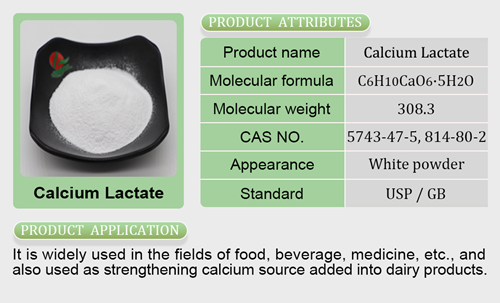 me being.
me being.
Leave a Reply